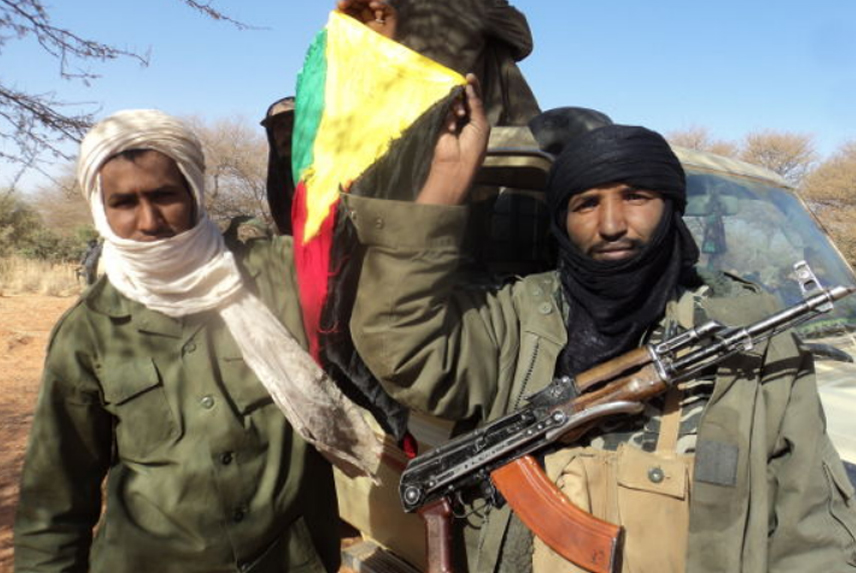
Posted On : Dec 18 2020
Macina Liberation Front (MLF) : A Closer Look at Mali`s Unfolding Challenge
In the vast and diverse landscape of armed groups in Mali, the Macina Liberation Front (MLF) has emerged as a notable player with its own set of goals and dynamics.

This article aims to provide an in-depth overview of the Macina Liberation Front, exploring its origins, objectives, and the implications it poses for Mali's security and stability.
The Macina Liberation Front, often referred to as the "Fulani Jihadist Group" or simply MLF, has its roots in central Mali, specifically the Macina region. It came to prominence around 2015, becoming a significant player in the complex web of extremist groups operating in the country.
The MLF draws its members primarily from the Fulani ethnic group, a predominantly pastoralist community that spans West Africa. It is important to note that the MLF's ideology is a blend of Islamist extremism and ethno-nationalism, with a strong focus on establishing a Fulani state.
Fulani State: The central goal of the MLF is to establish a Fulani-dominated state, known as a "Fulani Caliphate," that would encompass parts of Mali, Burkina Faso, Niger, and other neighboring countries. This ambition reflects the ethno-nationalistic dimension of the group's ideology.
Islamist Ideology: While pursuing its territorial ambitions, the MLF also espouses a radical interpretation of Islam and seeks to impose strict Sharia law in the territories it controls. This religious element aligns the group with other Islamist extremist organizations in the region.
Opposition to Mali's Government: The MLF opposes the Malian government, which it views as corrupt and unrepresentative. It actively seeks to undermine the state's authority in the areas where it operates, often clashing with security forces.
Regional Instability: The MLF's activities contribute to the ongoing instability in the Sahel region. Its territorial ambitions and armed confrontations with government forces further complicate regional efforts to restore peace and security.
Ethnic Tensions: The MLF's ethno-nationalistic objectives have exacerbated ethnic tensions, particularly between the Fulani and other ethnic groups in the region. This has led to cycles of violence and reprisals, making reconciliation efforts challenging.
Humanitarian Crisis: The presence of the MLF and other extremist groups has contributed to a severe humanitarian crisis in Mali, with displacement, food insecurity, and limited access to healthcare becoming pressing issues for affected populations.
Regional Cooperation: Addressing the MLF's threat requires enhanced regional cooperation among Mali, Burkina Faso, Niger, and other neighbouring countries. Collective efforts are essential to counter the group's cross-border activities effectively.
The Macina Liberation Front represents a multifaceted challenge in Mali's ongoing security and stability efforts. Combining ethno-nationalism and Islamist extremism, the group's objectives and actions have far-reaching implications for the region. Addressing the MLF's threat requires a comprehensive approach that includes security measures, efforts to alleviate ethnic tensions, humanitarian aid, and cooperation among neighbouring countries to counter the group's activities effectively. Ultimately, the resolution of Mali's complex security issues will require sustained commitment from both national and international actors.
No Comments Added




















